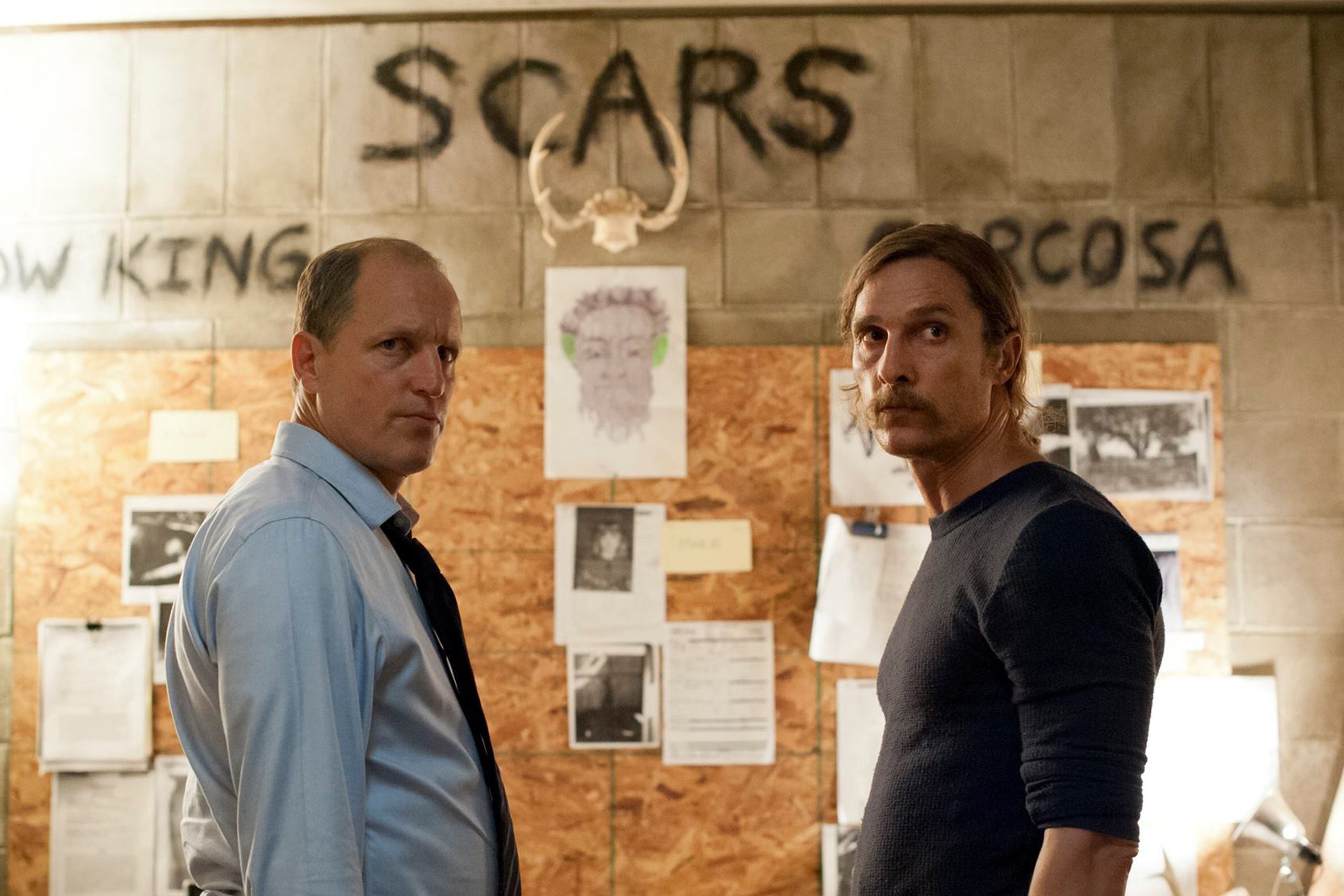In the realm of True Detective, the spotlight could easily shine on Woody Harrelson or Matthew McConaughey. Yet, amidst the compelling performances, the true star emerges: Louisiana itself.
Sam Wollaston’s review of True Detective (Saturday, Sky Atlantic) reveals a myriad of commendable aspects – all positive. At its core, the series is a riveting murder mystery, set against the backdrop of a woman’s body discovered near a burning sugar cane field, adorned with eerie symbols that hint at a deeper, darker meaning. The narrative unfolds as two mismatched detectives navigate the complexities of their own lives, fueling the storyline with elements of cliché, yet elevated by the brilliance of Nic Pizzolatto’s writing and outstanding performances.
The temporal intricacies add an extra layer to the narrative, with the murder occurring in 1995 but recounted 17 years later. This storytelling approach weaves a fascinating structure, creating a three-dimensional puzzle that keeps viewers engaged. Memories play a crucial role, not only in uncovering the events of the past but also in exploring personal struggles, break-ups, and lost children.
The characters, Rustin Cohle (portrayed by Matthew McConaughey) and Martin Hart (played by Woody Harrelson), bring depth to the series. Cohle, a dark and solitary figure, sees human consciousness as an evolutionary mistake. Harrelson’s Hart, despite a more conventional role, grapples with his own set of challenges. The dual roles of each character, depicted at different life stages, contribute to True Detective’s essence as a character study intertwined with the investigation.
The darkness within the series extends beyond the gruesome rituals of the killer to Cohle’s philosophical musings on the futility of human existence. Drawing inspiration from literary sources such as Edgar Allan Poe and Robert W Chambers, True Detective possesses a profound literary quality, complementing its cinematic appeal.
While boasting movie stars and a skilled director in Cary Fukunaga, the unsung hero of True Detective is Louisiana itself. The scenic backdrop, skillfully captured by Fukunaga, immerses viewers in the atmosphere of the state – flatlands, expansive skies, shacks, and a touch of Southern peculiarity. The series masterfully paints a portrait of Louisiana, making it an integral part of the narrative.
In conclusion, True Detective transcends the boundaries of a mere murder mystery, becoming a compelling exploration of characters, time, and the enigmatic spirit of Louisiana. As the storyline unfolds, viewers are treated to a mesmerizing journey, much like the haunting sound of a distant freight train – lingering, beautiful, and unforgettable.

